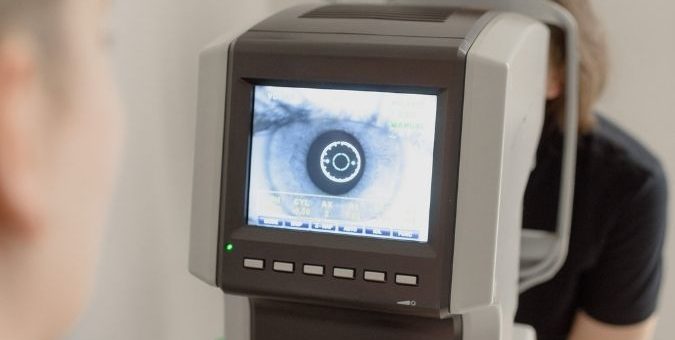
This week is National Eye Health Week, promoting the importance of good eye health and a need to know the signs and symptoms to look out for if you feel your vision is being affected or is changing.
Vision really does matter. Sight is the sense people fear losing the most, yet many of us do not know how to look after our eyes – National Eye Health Week aims to change all of that.
Some sight loss facts
There are 2 million people living in the UK with sight loss, some of that is severe enough to have a significant impact on their daily lives. A significant proportion of that sight loss is avoidable.
- A sight test can detect early signs of conditions like glaucoma, which be treated if found soon enough
- During a sight test, other health conditions such as diabetes or high blood pressure may be detected.
- For healthy eyes it is advised that you eat well, do not smoke and wear eye protection in bright sunlight.
The loss of sight will be a scary time, no matter whether it’s losing all or part of your vision. For some kinds of sight loss, the sooner treatment is provided, the less damage is done. That’s why it is important to know the signs and symptoms to look out for.
What are the symptoms of sight loss?
- Double Vision
- Blurry Vision
- Seeing flashes of light
- Seeing floaters or ‘webs’
- Seeing what looks like a curtain coming down over one eye
- Disturbances to your vision
- Sudden sensitivity to light and glare
If you are concerned you have any of these symptoms, the Royal National Institute of Blind People (RNIB)
say you should call your own or local optician in the first instance, or 111 if an optician is not available. When we’re afraid of bad news, it can be easier to try to avoid getting an answer at all, but if you are experiencing any of these symptoms, please do seek professional help as soon as possible.


















